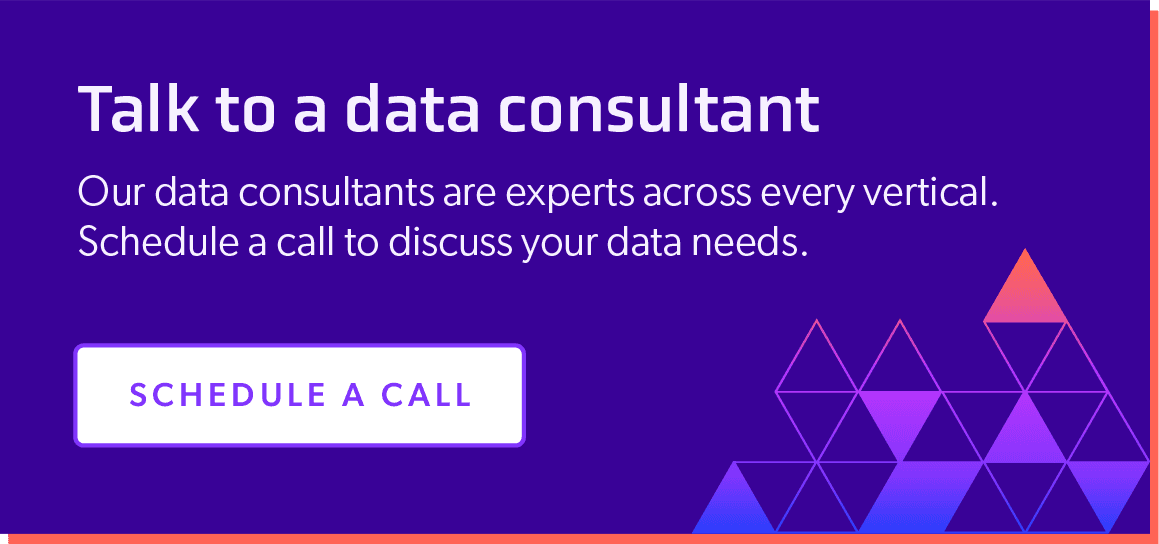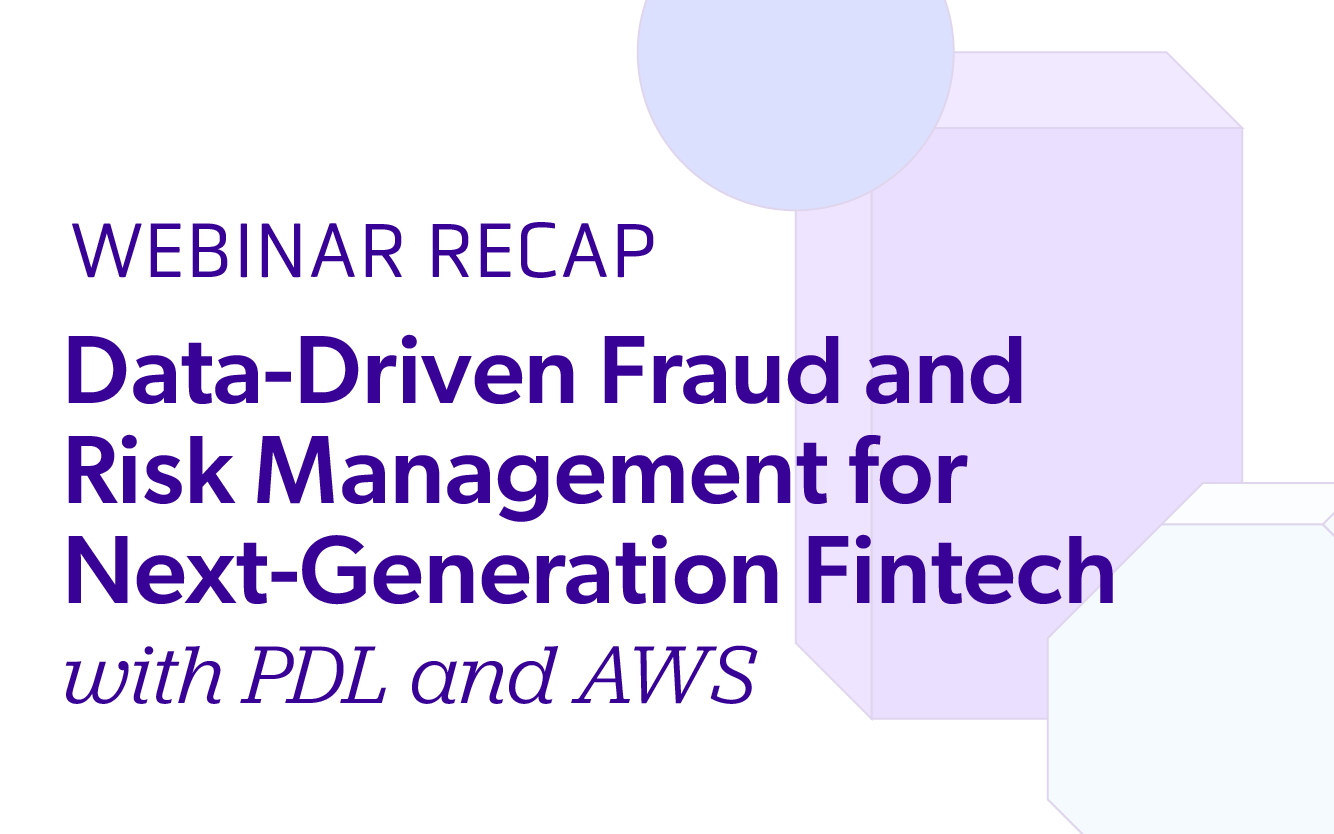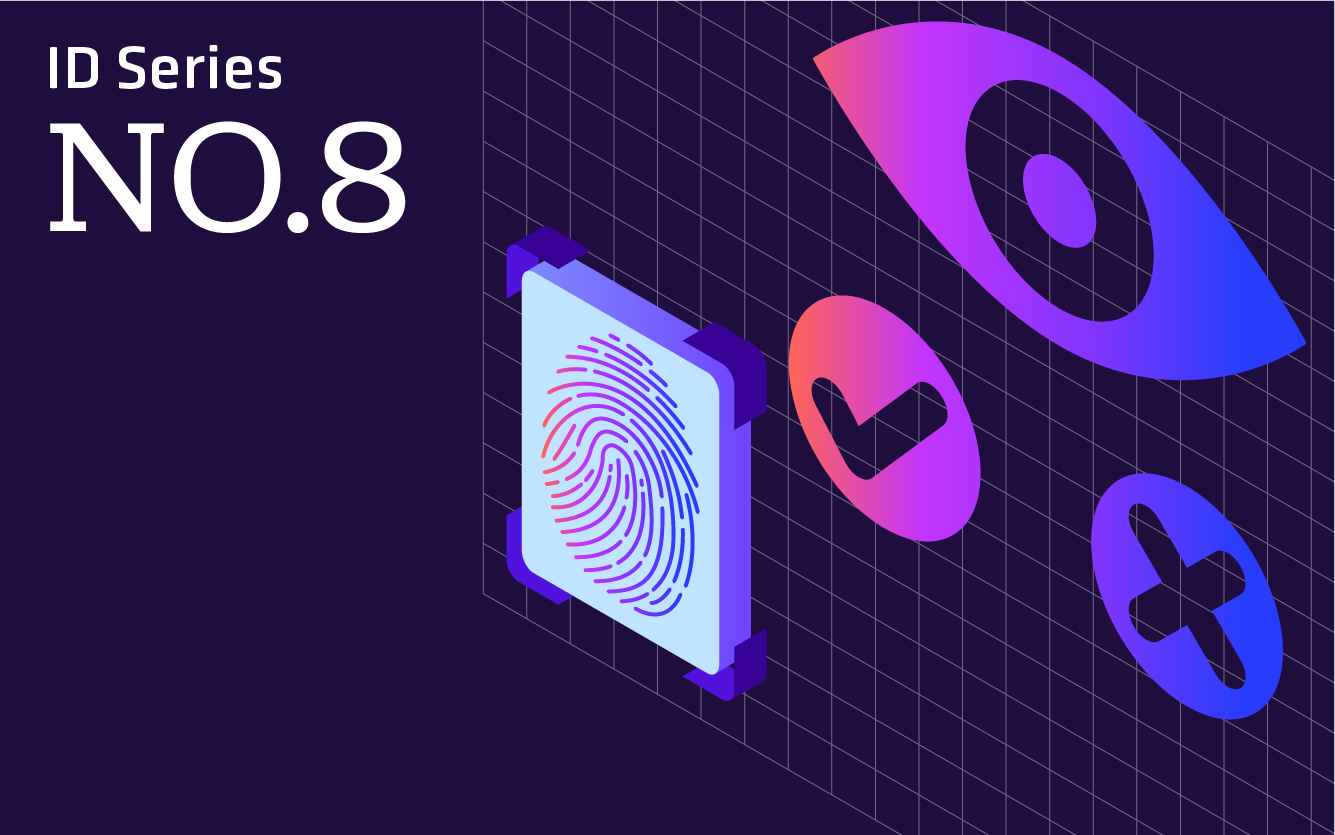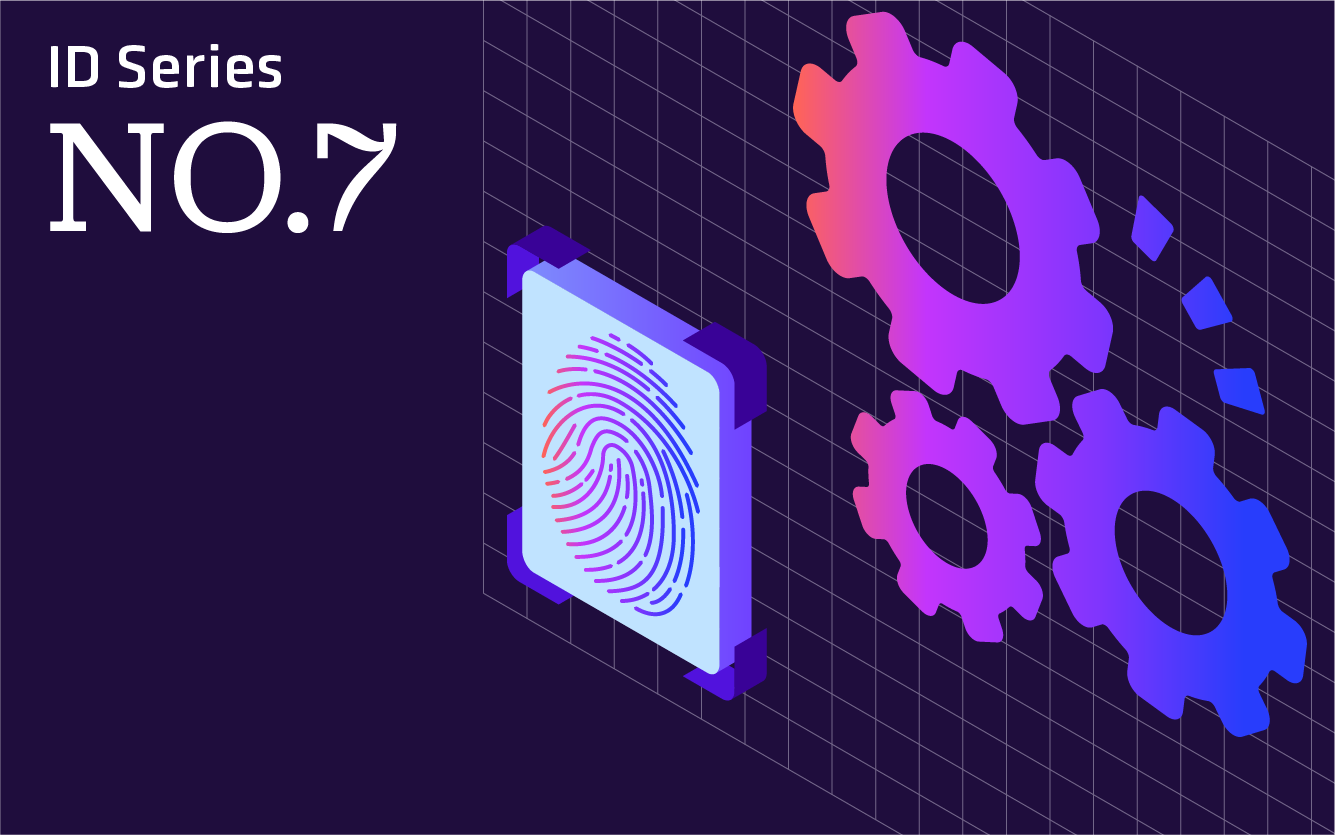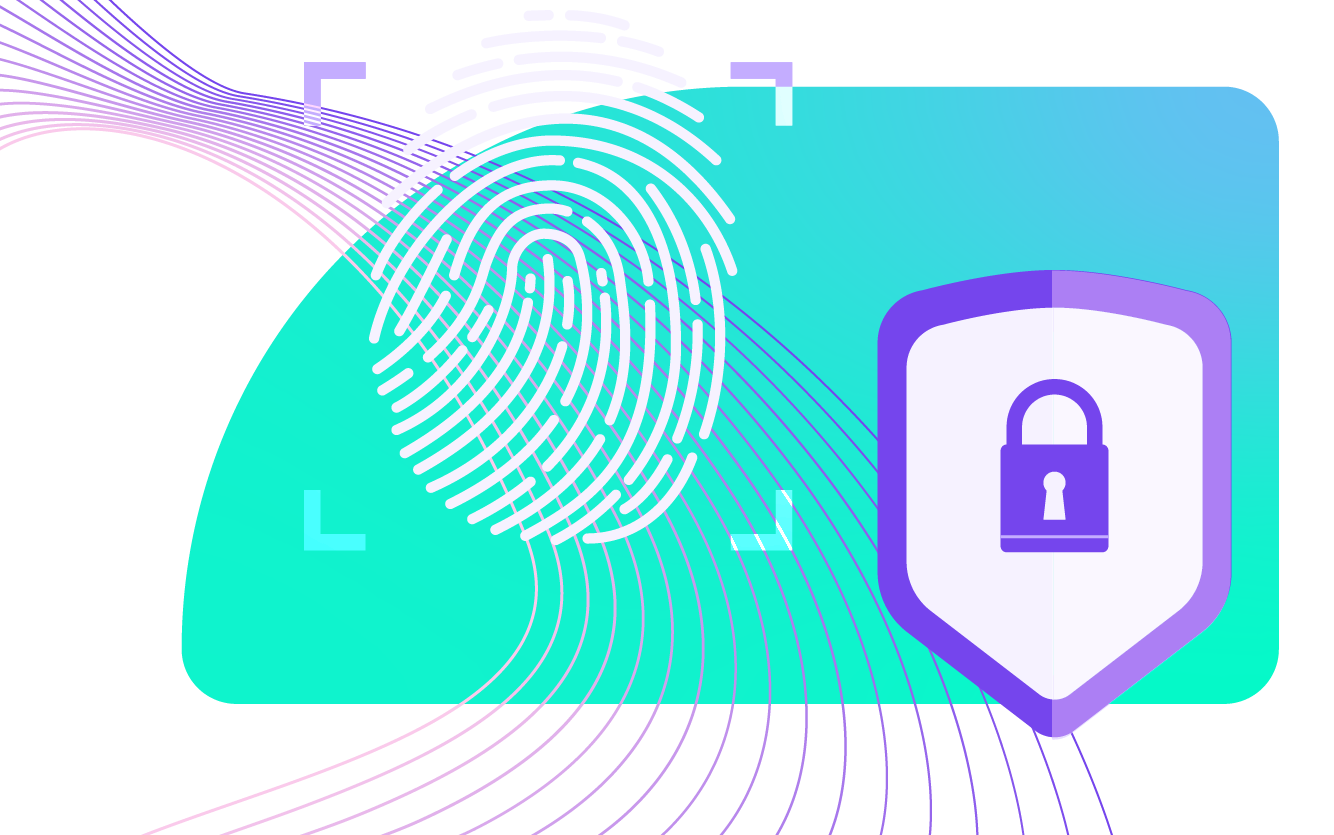
5 Important Considerations for Credit Card Fraud Detection
March 10, 2022
Table Of Contents
With consumer behaviors like e-commerce well on the rise, cashless shopping has secured a significant role in the future of retail space and beyond. Although a more flexible and convenient way to shop, this more advanced and convenient option has already led to a massive spike in credit card fraud.
From chargebacks to identity theft, businesses worldwide lost over $28.5 billion to fraudsters in 2020 alone.
To defend against this risk, most organizations employ credit card fraud detection solutions, but not all of them are made equal.
This article focuses on five key factors to consider when choosing a solution to combat credit card fraud in your business:
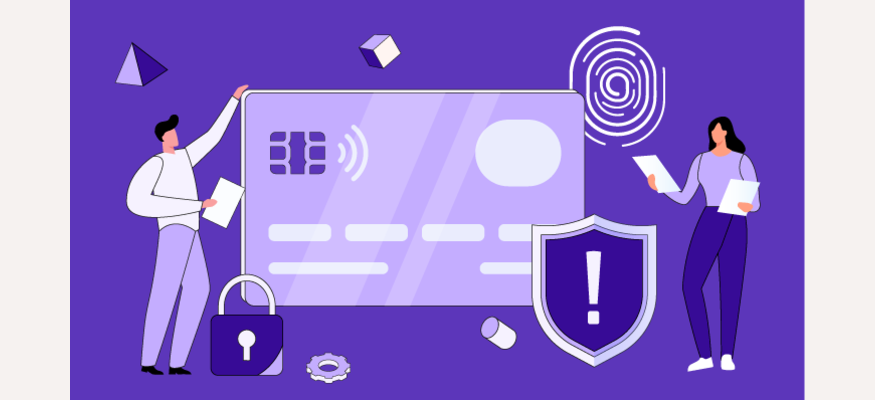
1. Flexible Rule Management
Every time a business freezes a credit card or sends a fraud alert, this can annoy or even antagonize the customer. Subsequently, it's critical to ensure there is always a legitimate reason for any fraud alert to be triggered.
False positives may be viewed as a better alternative to letting fraud slip through the cracks, but poor customer experience will still negatively impact your reputation. For instance, having your card declined because you tried to make a purchase while out of town can quickly turn a fun vacation into a miserable experience.
Your customer should feel valued and protected, not under constant scrutiny.
Before choosing a credit card fraud detection solution, make sure you understand how their rule management works. Rule management policies should be flexible enough to detect any suspicious transactions or unusual cardholder behavior without blocking legitimate transactions due to overly strict fraud controls.
Closely examine the outlier detection models and techniques your solution relies on to flag potentially fraudulent actions. This will help you better understand how your credit card detection solution works from within.
Techniques like Numeric Outlier, Z-Score, DBSCAN, and Isolation Forest are widely used to detect unusual behavior patterns. This is especially useful in emerging markets where there is insufficient data to accurately predict behavior.
Read More: 6 Types of eCommerce Fraud and How to Fight Them
2. Integration with Partners
You need to be able to easily integrate your credit card fraud detection solution with other third-party tools and data vendors. Otherwise, the data would be siloed within that particular platform.
There's no one-size-fits-all solution that can successfully tackle ever-evolving fraud techniques and provide impeccable fraud detection rates.For example, Uber relies on a large network of third-party partner APIs to enhance the accuracy of its data, from pulling accurate traffic data to verifying the identity of its customers.
By the same token, your credit card fraud solution may partner up with other companies to increase the accuracy of their tracking and keep up on the latest trends and available options.
Most successful companies build mutual B2B relationships rather than build everything from scratch on their own, so evaluating the size of the partner network of your potential credit card fraud detection solution may help determine its effectiveness.
3. Cardholder Controls
Look for features that allow the cardholder to gain more control over their finances by taking proactive steps to avoid becoming a victim of fraud. This can include blocking specific merchants they never use, or setting transaction and spending limits based on their purchasing habits.
Giving the cardholder this type of control will reduce fraud since the cardholder can quickly catch any fraudulent transactions, and take immediate action by freezing their card.
This makes it possible for financial institutions to share fraud risk, provide stellar customer experience, nurture brand loyalty, and even incentivize healthy personal security habits.
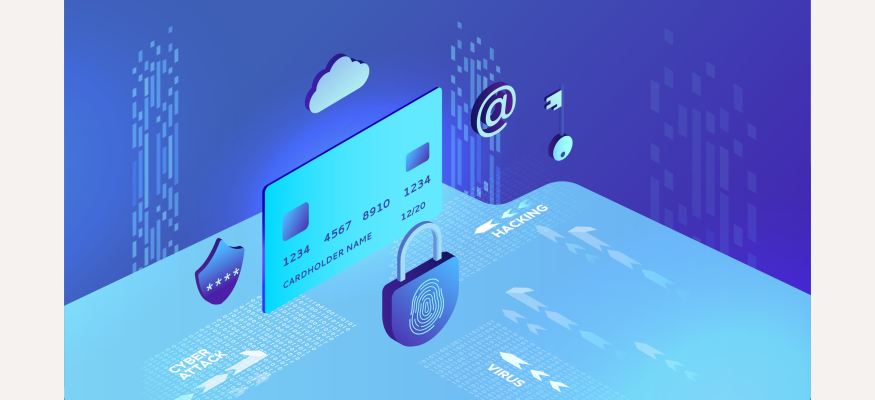
4. Machine Learning and AI Technologies
Since the face of fraud is rapidly changing and evolving, the robustness of the machine learning and AI systems that your solution effectively utilizes determines its effectiveness in combating fraudsters.
The combination of AI and machine learning can enhance the protection of your cardholders while reducing your reliance on in-house fraud analysts.
Machine learning algorithms play a crucial role in combating fraud with effective, real-time value detection rates, and quickly flagging fraudulent transactions without increasing the number of declined genuine transactions.
Some AI models are better than others, so research technologies your potential fraud detection solution incorporates to help you make an informed decision.
5. Powerful Big Data Management Capabilities
Automated fraud detection relies on big data to find the hidden and implicit connections in data that signal a fraudulent transaction taking place or a synthetic identity is being employed.
From identity resolution to transaction monitoring, data is at the core of any credit card fraud detection solution. Digital identity has become increasingly complex, and fraudsters often employ synthetic identities to commit fraud. If they succeed, these identities can proliferate through some of the traditional data sources used for verification. New alternative data sources that offer access to virtually-fraud free datasets will be critical to combatting the next generation of credit card fraud.
Read More: How People Data Labs Sources Data
How People Data Labs Helps Push Back Against Credit Card Fraud
At People Data Labs, we recognize the importance of linked data in effectively combating fraud. We add millions of new profiles every quarter to ensure you have the most accurate data available.
People Data Labs empowers some of the world's largest fraud detection solutions by providing them with fresh and accurate people data.Our database contains over 2.5 billion records and 150 data fields to help companies fight back against fraud.
Like what you read? Scroll down and subscribe to our newsletter to receive monthly updates with our latest content.
